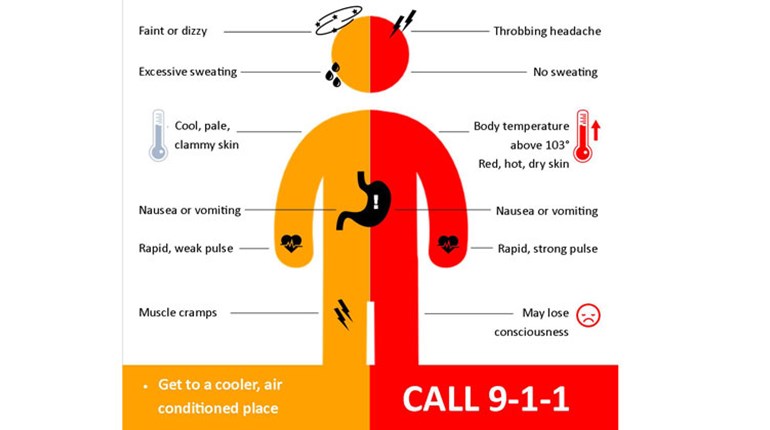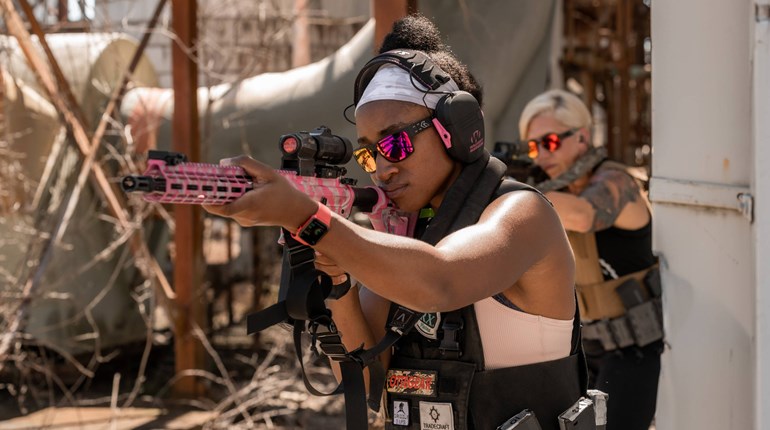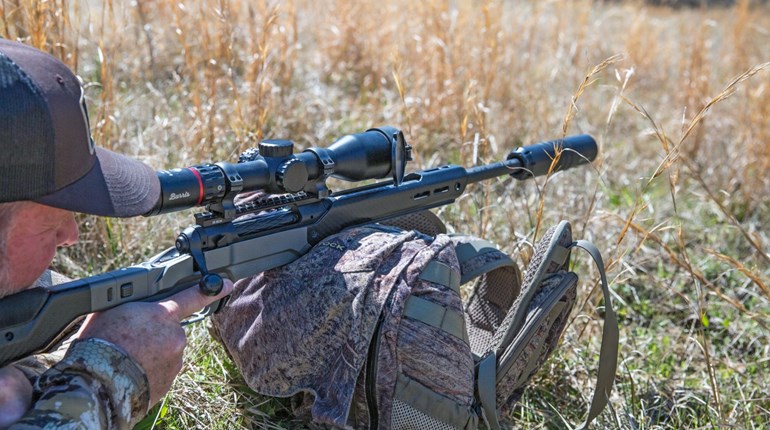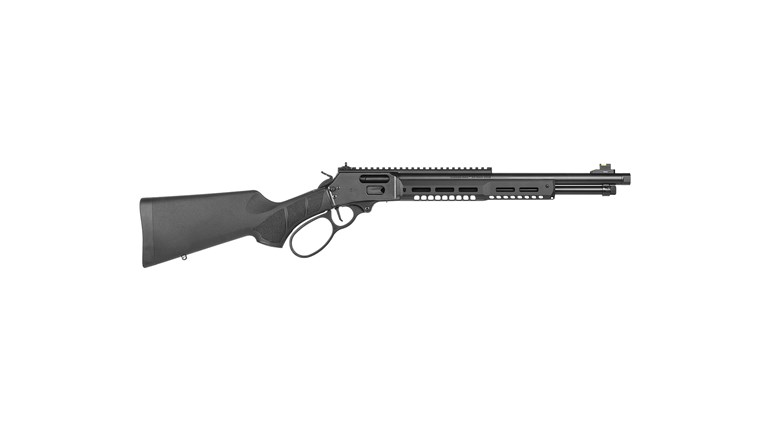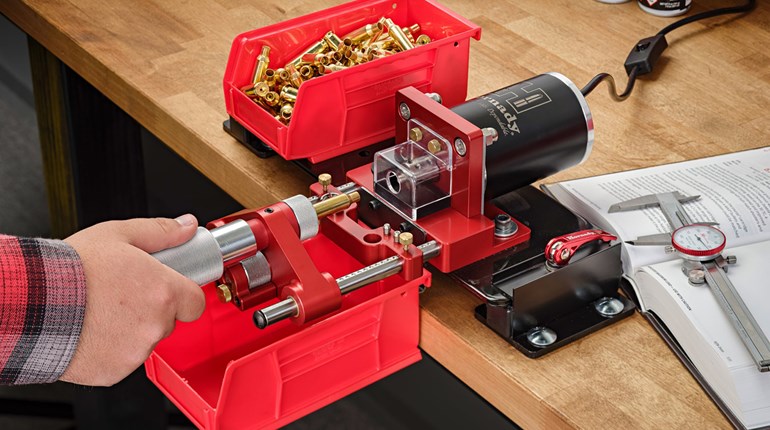
 The Myth
The Myth
Shooting in the rain causes bullets to impact lower than normal.
The Reasoning
It's simple, right? A bullet flies horizontally, raindrops hit the bullet from above, imparting their mass on it, causing the bullet to fall faster and impact the target lower.
The Facts
Sometimes the physics are counter-intuitive.
Fact is, bullets normally impact higher than normal when it's raining, as anyone who has shot extensively in the rain knows. Why? As the NRA Fact Book states: "Changes in humidity have little effect on the air density, and thus on the flight of the bullet. Changes in barometric pressure, on the other hand, do have an effect. In general, fair weather is accompanied by a high barometer, which means more air density and more resistance to the bullet. Likewise, rainy weather is likely to occur at times of low barometer, when air pressure is low, producing less air density and resistance to the bullet. A drop of 1" in the barometric reading will increase the ballistic coefficient by about 3.33 percent."
The Answer
Shooting in the rain generally causes bullets to impact higher than normal, not lower.
And oh, what a glorious feeling ... to be shooting in the rain!












